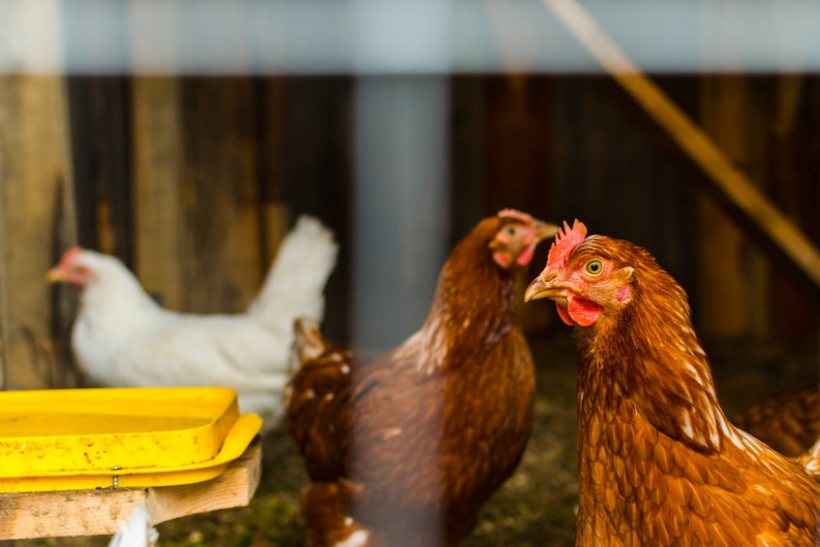
A new highly-pathogenic bird flu outbreak has been confirmed in Devon following a spate of cases which have impacted the county recently.
Avian influenza of the H5N1 subtype was confirmed on Wednesday evening (10 August) in poultry at a premises near Tiverton.
A 3km Protection Zone and 10km Surveillance Zone has been put in place around the premises, Defra said, and all poultry will be humanely culled.
The new outbreak follows several others which have impacted the county recently, including one recorded on Tuesday (9 August) at a commercial duck farm in Cullompton.
Before that, highly pathogenic avian influenza was confirmed on 7 August in commercial poultry in the same area.
And a case of the disease was also recorded in poultry on 5 August, at a site near Teignbridge.
Yesterday's outbreak makes it England's 109th case of the virus since the start of this year's avian influenza crisis, which began in late October 2021.
Defra said: "The Avian Influenza Prevention Zone (AIPZ) remains in force across Great Britain until further notice, with only the housing measures component being lifted.
"This means, while birds are allowed to range outside, if you keep birds you must continue to take effective and precautionary biosecurity measures until further notice.
"While the risk levels have reduced infection may still be present in the environment. Failure to comply with the AIPZ is an offence and risks the health and welfare of your birds."
A major UK research consortium has been set up to battle bird flu, comprising of eight of the UK's top scientific organisations, including the Royal Veterinary College (RVC), APHA, the Pirbright Institute and the Roslin Institute.
The consortium has been awarded £1.5m of government funding to bolster research projects and develop new strategies to effectively tackle future outbreaks.
The UK’s chief veterinary officer Christine Middlemiss said: "[It] will allow us to combine our expertise at a national level to increase the speed and quality of our research, ensuring we can develop new strategies to aid our efforts against this insidious disease."
Dr Guillaume Fournié, senior research fellow at the RVC, said the scale of the incursion in the UK made it necessary to review gaps in scientists' understanding of the virus's dynamics, especially the role of wild birds in spreading it.
“As part of this project, the RVC will contribute to improve our understanding of high path avian influenza virus dynamics in wild bird populations, at the interface between wild birds and domestic poultry, and its potential to cause large outbreaks among farms.
"This information will allow us to inform the design of more targeted surveillance activities and risk mitigation interventions better tailored to the UK poultry sector.”
